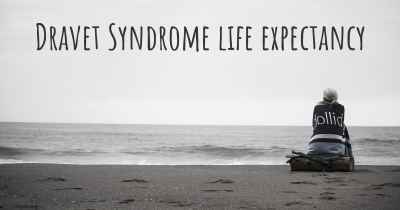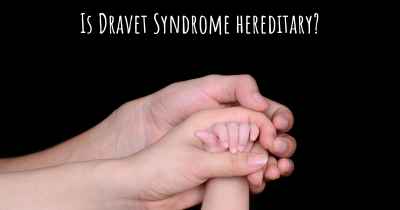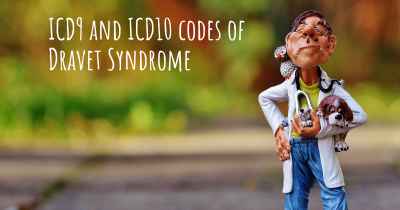Dravet Syndrome diet. Is there a diet which improves the quality of life of people with Dravet Syndrome?
Are you aware of a diet that can improve the quality of life of people with Dravet Syndrome? Is there a diet that is suggested to avoid when having Dravet Syndrome? See if there is a diet that can improve the quality of life of people with Dravet Syndrome, recommended and to avoid food when having Dravet Syndrome

Dravet Syndrome Diet: Improving Quality of Life
Dravet Syndrome is a rare and severe form of epilepsy that typically begins in infancy. It is characterized by frequent and prolonged seizures, developmental delays, cognitive impairment, and various other health challenges. While there is no cure for Dravet Syndrome, there are several treatment options available to manage symptoms and improve the quality of life for individuals with this condition. One such option is implementing a specialized diet.
The Ketogenic Diet
One of the most commonly recommended diets for individuals with Dravet Syndrome is the ketogenic diet. This high-fat, low-carbohydrate diet has shown promising results in reducing seizure frequency and severity in many patients. The ketogenic diet aims to induce a state of ketosis, where the body primarily uses fat for energy instead of carbohydrates.
How does the ketogenic diet work?
When following a ketogenic diet, the body's primary source of energy shifts from glucose (derived from carbohydrates) to ketones (produced from fat metabolism). This metabolic change is believed to have a positive impact on brain function and reduce seizure activity in individuals with Dravet Syndrome.
Benefits of the ketogenic diet for Dravet Syndrome:
- Seizure reduction: Many studies have shown that the ketogenic diet can significantly reduce seizure frequency and intensity in individuals with Dravet Syndrome. Some patients may even experience complete seizure control.
- Cognitive improvement: The ketogenic diet has been associated with improved cognitive function and developmental progress in some individuals with Dravet Syndrome.
- Behavioral improvements: Some patients have reported a reduction in behavioral issues, such as hyperactivity and aggression, when following the ketogenic diet.
- Medication reduction: In some cases, the ketogenic diet may allow for a reduction in the dosage of anti-seizure medications, minimizing potential side effects.
Implementing the Ketogenic Diet
Implementing the ketogenic diet for Dravet Syndrome requires careful planning and supervision by a healthcare professional, typically a registered dietitian or a neurologist specializing in epilepsy. The diet is highly individualized and tailored to each person's specific needs and preferences.
Key components of the ketogenic diet:
- High fat: The diet typically consists of 70-90% of calories from fat sources, such as oils, butter, avocados, and nuts.
- Low carbohydrate: Carbohydrate intake is restricted to 5-10% of total calories, primarily from non-starchy vegetables.
- Adequate protein: Protein intake is moderate and accounts for 10-20% of total calories, with sources like meat, fish, eggs, and dairy.
Challenges and considerations:
While the ketogenic diet can be highly effective, it is not without challenges. Adhering to such a strict dietary regimen can be difficult, especially for children. Potential side effects may include constipation, nutrient deficiencies, and gastrointestinal issues. Regular monitoring and supplementation may be necessary to address these concerns.
Consulting a Healthcare Professional
Before considering any dietary changes for Dravet Syndrome, it is crucial to consult with a healthcare professional experienced in managing epilepsy and ketogenic diets. They will assess the individual's specific needs, medical history, and potential risks to determine if the ketogenic diet is a suitable option.
Conclusion
The ketogenic diet has shown promise in improving the quality of life for individuals with Dravet Syndrome. By reducing seizure frequency, improving cognitive function, and potentially minimizing medication dosages, this specialized diet offers hope for those affected by this challenging condition. However, it is essential to work closely with healthcare professionals to ensure proper implementation and monitoring of the diet to maximize its benefits and minimize potential risks.
Posted Feb 18, 2017 by Nicholas 1000
Posted Dec 2, 2017 by Anna 2020
Posted Dec 19, 2017 by Antigoni 2500
Posted Jul 2, 2018 by Judit 100
Posted Nov 24, 2017 by Bebe Maravilloso 800








